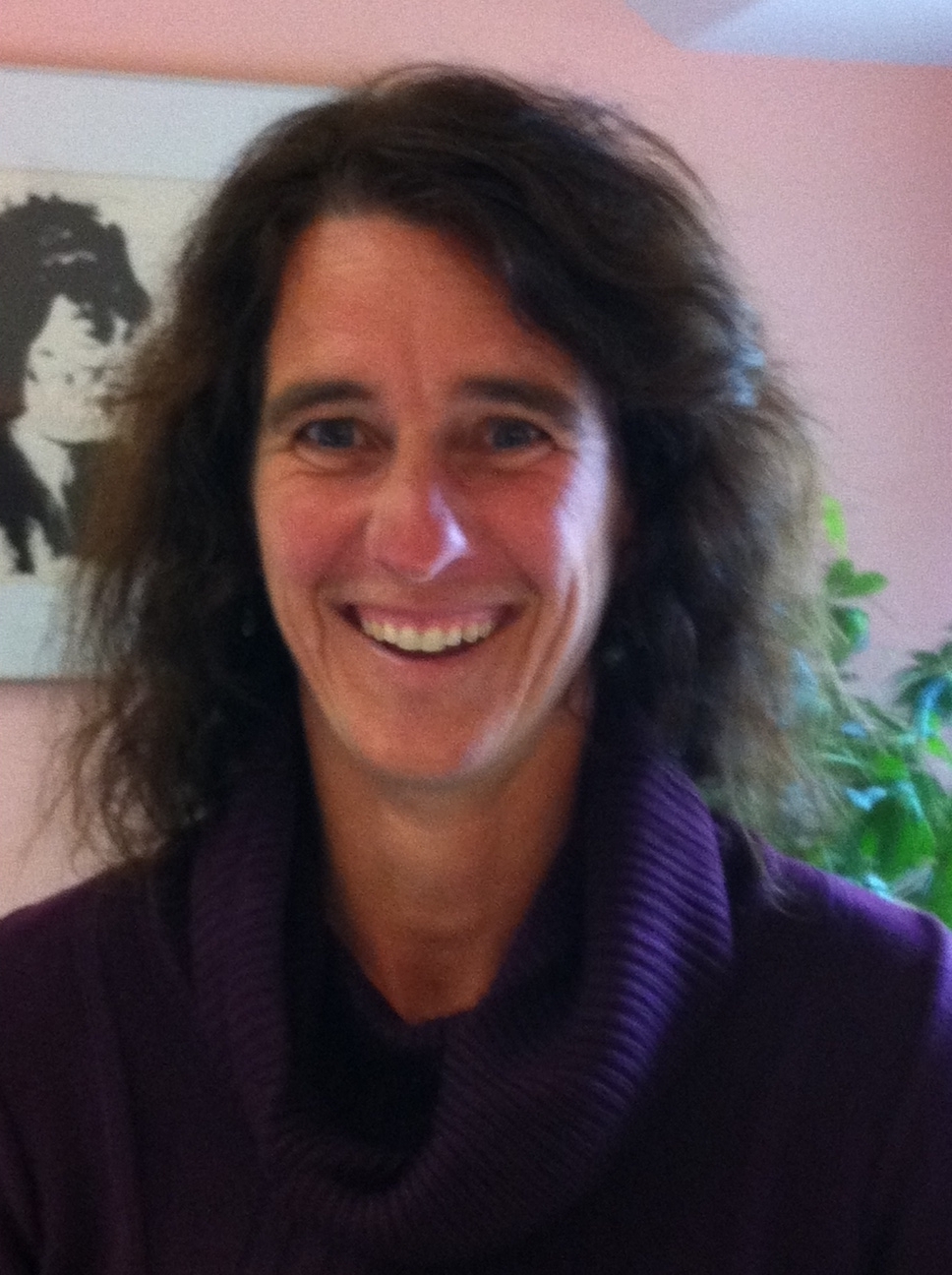The Osgoode Society Legal History Workshop group is an informal evening seminar that meets on alternate Wednesdays between September and April to discuss a wide variety of topics in legal history, Canadian and international. A paper is circulated in advance of each workshop by email, and after a short introduction by the author most of the time is devoted to discussion of the paper. Participants are graduate students and faculty in law and history from a wide range of Universities, Canadian and international, as well as law students and members of the profession.
In 2025/2026 the workshop will be conducted using ZOOM, which allows people to attend from across the country and beyond. Anybody interested in legal history is welcome to attend virtually. The workshop is held at 6.30 eastern time. If you would like to be put on the email list to receive papers and other scheduling information please email j.phillips@utoronto.ca.
Osgoode Society Legal History Workshops 2011-2024
OSGOODE SOCIETY LEGAL HISTORY WORKSHOPS IN FALL 2025 AND WINTER 2026
All sessions start at 6.30 EST. Email j.phillips@utoronto.ca for the link.
2025 Fall Term Schedule:
Wednesday September 3 – Andrea Mckenzie, University of Victoria: “Off the Record and Between the Lines: The Shorthand of George Treby, c. 1668-1700″ .
Wednesday September 17 – James Barry, Osgoode Hall Law School: ‘”John Reeves’s Chart of Penal Law, 1779: Exhibiting the law ‘at one view’.”
Wednesday October 1 – James Muir and Karine de Champlain, University of Alberta: “Confederation histories and originalism in Canada”.
Wednesday October 15 – Constance Backhouse, University of Ottawa, will present the first annual R. Roy McMurtry lecture in Canadian Legal History. Details tba. Please see the Osgoode Society website osgoodesociety.ca.
Wednesday October 22 – Li Chen, University of Toronto: “Technocratic Governance, Invisible Power, and Juridical Capital in Late Imperial China.”
Wednesday October 29 – Reading Week
Wednesday November 12 – Kate Reeve, Columbia University: “Novel Rights: Indigenous Property in the Settler Empire.”
Wednesday November 26 – Nick Rogers, York University: ‘Infanticide in Georgian Bristol and Bath”.
WINTER TERM 2025
Wednesday January 7 – Mélanie Méthot, University of Alberta: “McLeod vs New South Wales Attorney General : When guilt has nothing to do with Law.”
Wednesday January 21 – Richard Manning, McMaster University: “A Ruffianly Species of Amusement”: Youth Transgression and Gang Behaviour in the Late 19th and Early 20th centuries.
Wednesday February 4 – Heidi Bohaker, University of Toronto: ‘Ontario Treaties”.
Wednesday February 18 – Reading Week
Wednesday March 4 – Elsbeth Heaman, McGill University: ‘The limits of law and the workings of history in Jacob Viner’s classic Dumping (1923).’
Wednesday March 18 – Jean-Christophe Bedard-Rubin, University of Toronto: “Municipalities, Pre-Commitment, and Self-Government in Nineteenth Century British Imperial Thought.”
Wednesday April 1 – Chandra Murdoch, University of Toronto: “ ‘My matter is overlooked because I have no vote’: Indigenous women hiring legal professionals in Southern Ontario inheritance cases, 1884-1900.”
All sessions start at 6.30 and will be presented via ZOOM. To be placed on the email list and receive the papers and links please email j.phillips@utoronto.ca .

Professor Lori Chambers, Lakehead University
Canadian legal history has emerged as a cutting-edge field within the study of Canada's past, and Canadian legal historians are also celebrated participants in international debates about the historical role of law as both a mechanism of control and a source of social challenge. The Osgoode Society for Legal History has been essential in the national and international success of Canadian legal history and historians. The Osgoode Society not only publishes a wide range of books, but also supports students and research and facilitates communication between legal historians. The legal history workshop is a very important part of that communication. Legal historians outside of Canada frequently comment on the Osgoode Society, and its work in Canada, with considerable (and justifiable) envy. The importance of the Osgoode Society cannot be overstated.
